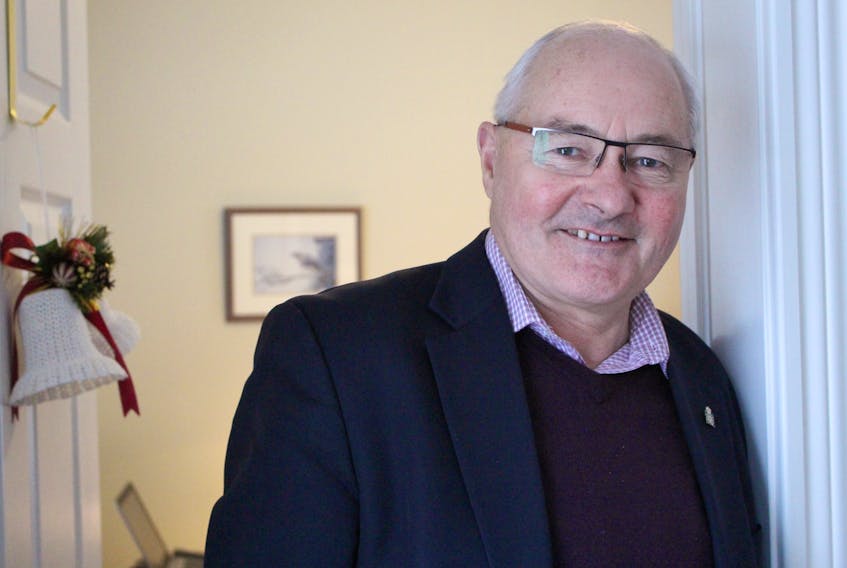Beyond the trouble being created in the White House, the relationship between Canada the United States remains “very, very strong,” says Malpeque MP Wayne Easter.
Easter, who is co-chairman of the Canada-U.S. Inter-Parliamentary Group, met with U.S. politicians in Ottawa over the weekend for the association’s annual meeting.
Easter, who spoke to The Guardian Sunday morning, said he felt like the previous day’s discussions were “really good, quite open, quite direct,” and that in the 18 years that he’s been involved with the association, he’s never see the relationships between individuals on both sides of the border stronger than they are now.
“You’ve got premiers and governors working well together, you’ve got lots at the parliamentary and business communities working well together,” he said. “So, beyond the trouble being created mostly out of the White House, the relationship is very, very strong.”
The association, which was established in 1959, brings together legislators from the Canadian Parliament and members of the U.S. House of Representatives and U.S. Senate annually to solve problems of shared concern.
Sometimes solving problems in politics is all about relationships, said Easter, while adding it's also about trying to substantiate and agree on the facts.
“Now, the problem is with the president is the facts don’t seem to matter. But at every other level, things are going relatively well.”
Rather than “reacting to the rhetoric” coming from Washington, specifically from President Donald Trump regarding tariffs on goods crossing the border, Easter said the weekend discussions with U.S. delegates kept a focus on issues and facts and on how the countries can move forward.
The discussions surrounding tariffs were “intense” and “direct” and Easter said he showed the delegates the list of retaliatory products on which Canada will impose tariffs as of July 1.
Trump’s recent announcement that the U.S. would revoke Canada’s exemption from steel and aluminum tariffs saw Prime Minister Justin Trudeau shoot back by stating Canada would retaliate by imposing its own tariffs.
Easter noted the products that will soon see tariffs include “a lot of things”, not only steel and aluminum.
“We want to get up to the same dollar value as them so we’re putting tariffs across the board,” Easter said. “As I’ve said to them, we’d like to resolve this before July 1st, so we don’t have to go ahead with these measures.”
Easter said there’s a “recognition by some, not by all” that Trump imposed the steel and alumnimum tariffs as a national security move.
But considering the two countries have a long history of being allies, Easter said this “makes absolutely no sense at all”.
“Canada is not a security risk to the United States,” he said. “This is certainly going to be an ongoing issue, and I think we all recognize nobody wins in a trade war.”
Other issues discussed included economic and financial cooperation, improving the statutes in both countries to “try and deal better” with money laundering, cyber security, the legalization of marijuana and how recent U.S. tax reforms affect Canadians with dual citizenship living in the U.S.
A complete list of products on which tariffs will be imposed can be found at https://www.fin.gc.ca/activty/consult/cacsap-cmpcaa-eng.asp.
Want to wade into the debate?
Write a letter to the editor and email it to [email protected]. Be sure to include a name, address and daytime telephone number where the author can be contacted. Letters should be no more than 250 words.









